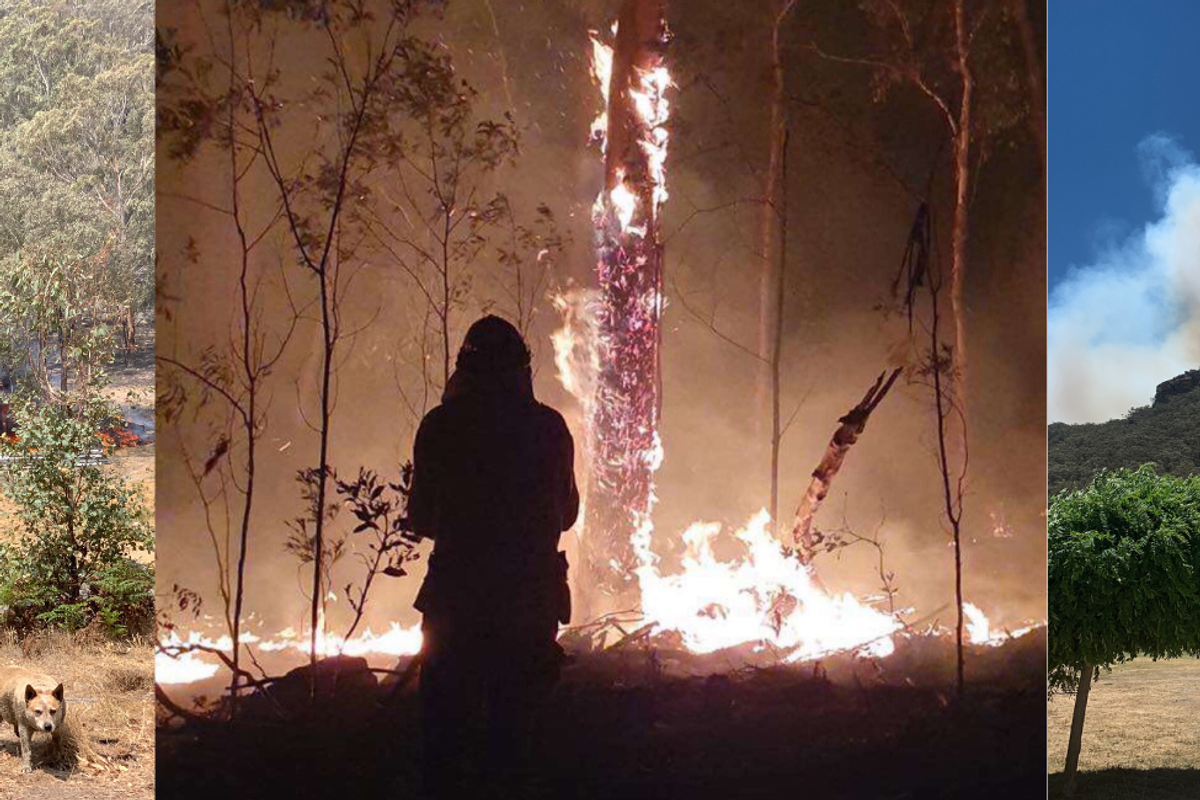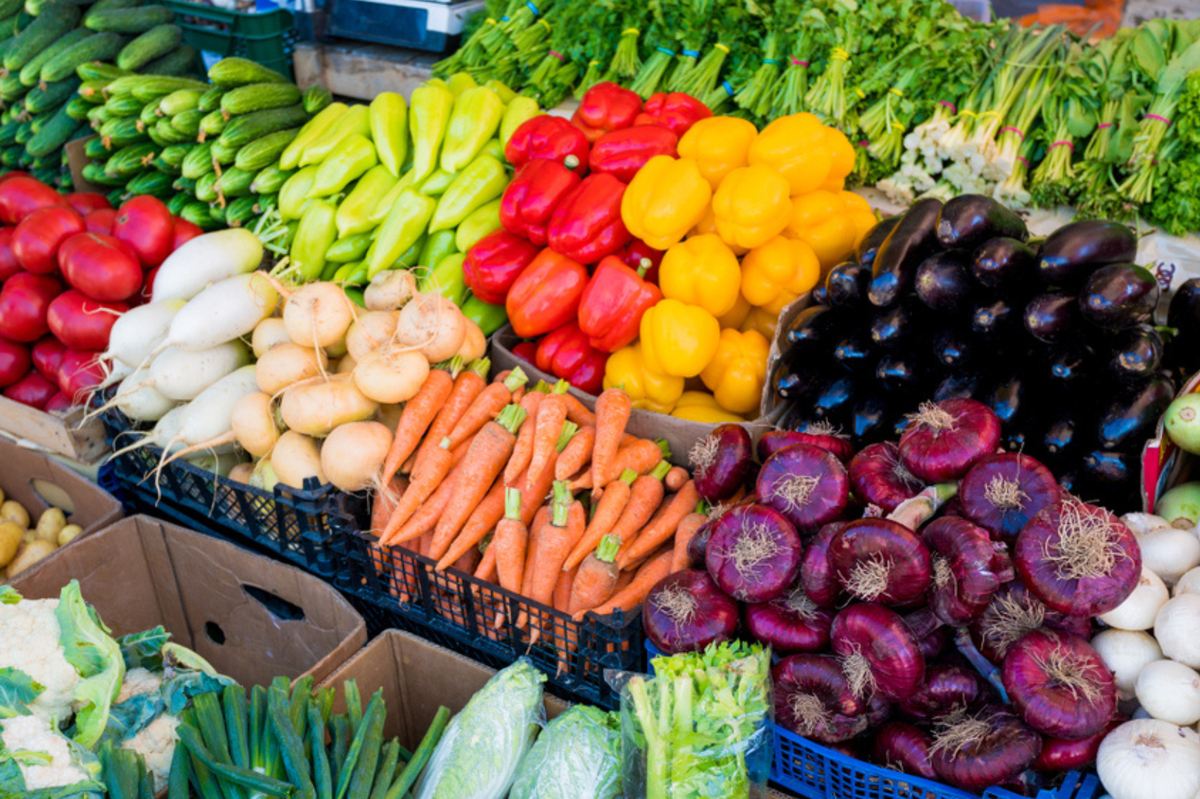Click through to Best of 2021 to discover the Newsworthy articles with greatest impact: whether by highest page views, social media engagement or winning national awards.
COMMENT
The COVID-19 pandemic has brought the failings of our society into sharp relief – exposing inadequate healthcare systems, social security nets and incompetent governments. And, due to its very nature as a health crisis, the pandemic has also laid bare the rampant ableism that permeates our individual and collective lives.
As a 25-year-old with multiple invisible chronic illnesses – which have left me immunosuppressed and limited my physical capacity – I am intimately acquainted with ableism. Simply put, ableism is a set of attitudes, beliefs and behaviours that discriminate against those who diverge from the "norm" of being able-bodied, neurotypical or without chronic illness. It ranges from structural design failures such as inaccessible buildings, to seemingly harmless attitudes such as the belief that working in bed is inherently unproductive. In both examples, the needs and behaviours of those who fall outside the able-bodied "norm" are positioned as inconvenient or undesirable.
At its core, then, ableism serves as a way for able-bodied people to falsely reassure themselves that there is always someone "less than", and allows them to maintain the fantasy that, ultimately, they are in control of their life. But the pandemic has exposed this belief for being exactly that, a fantasy, proving that everyone is just one step away from getting sick, becoming disabled, or developing a chronic illness.
This pandemic has left many of us disabled or chronically ill folk feeling a tad smug.
Because the world has been built by and for able-bodied people, it was inevitable in 2020 that ableism would serve as a conduit for connection during this time of uncertainty and isolation. From the flood of articles with tips on how to "stay sane" to the constant yearning for a return to pre-COVID life, this past year has exposed just how normalised, and unifying, ableism can be.
It's also shown that the basic accommodations for which health and disability activists have been campaigning for years – telecommuting, tele-health and distance learning – were quick and easy adjustments to make, once the able-bodied population needed them. A McKinsey Digital report found the implementation of these technologies and work practices would have ordinarily taken five years but because of COVID, it took a mere eight weeks.
Caroline Reilly, a legal fellow with Rewire News Group, writer and reproductive rights advocate, has called out ableist attitudes during the pandemic. "When I was in law school, I struggled immensely because I wasn't given accommodations and during COVID, watching that same school go entirely remote was really hard … there was no reason I couldn't have had those accommodations extended to me, other than ableism and a lack of understanding."
Reilly has extensively documented her own experience of living with the chronic illness endometriosis. In calling out ableist attitudes and rhetoric which are rampant in COVID-19 discourse, she is shedding light on the real-world harm those attitudes inflict upon people within our community.
"It can be frustrating—and even triggering—to be constantly reminded that situations you live with every day are considered grim by others or that they'd be miserable if they were forced to share your reality," she said.
I couldn't agree more. The isolation you feel when you become the litmus test against which others measure the value of their lives and the state of their health, when your suffering is turned into memes or used as fodder for an easy laugh, when your everyday reality is what others say is their worst nightmare … that isolation is more devastating than any government mandate. And the validity of these, honestly terrible, attempts at humour relies upon an able-bodied definition of what constitutes a meaningful life, the picture of which is always suspiciously devoid of illness and disability.
So, while you might think a conversation about how ableism manifests in COVID-19 discourse is an exercise in semantics, it's not. We need to recognise that words – those both said and unsaid – have a level of power and influence that cannot be overstated; otherwise, why would we use language to communicate? So when news story after news story begins with some version of "most deaths and infections have been among the elderly or immunocompromised", it communicates to people like me that our deaths or infection rates are inevitable and our bodies are disposable. To be blunt, these headlines and stories are crafted by and for able-bodied people to reassure themselves that while they're still at risk, they're at least "safer".
"It sends a clear message that only some people's well-being is valuable and worthy of real concern," Reilly said. "When you live with a chronic illness or disability, the world is set up to tell you you are weak and a burden ... But watching able bodied people struggle [this past year] to adjust to the basic norms we have grown accustomed to reminded me that I'm stronger and more resilient than I realised."
So while I'm deeply opposed to the ableist rhetoric, this pandemic has left many of us disabled or chronically ill folk feeling a tad smug. For most of our lives, we've been navigating the hostile world that able-bodied people have now been thrust into – dealing with prolonged isolation, employment precarity and underwhelming healthcare. We already have many of the skills needed to weather this particular storm: this time, it is able-bodied people who are playing catch up.
COVID-19 has been a stark reminder that while little is promised, some things are welcome and necessary: perspective, preparedness and compassion; and some are definitely not – ableism.
We were here before, and there will only be more of us when this is all over. So, as the world edges back towards some kind of pre-COVID normal, please remember: deciding to erase the "nightmarish experience of 2020" from your life's timeline because you had to adjust to our day-to-day lived reality, is deciding to erase us.






